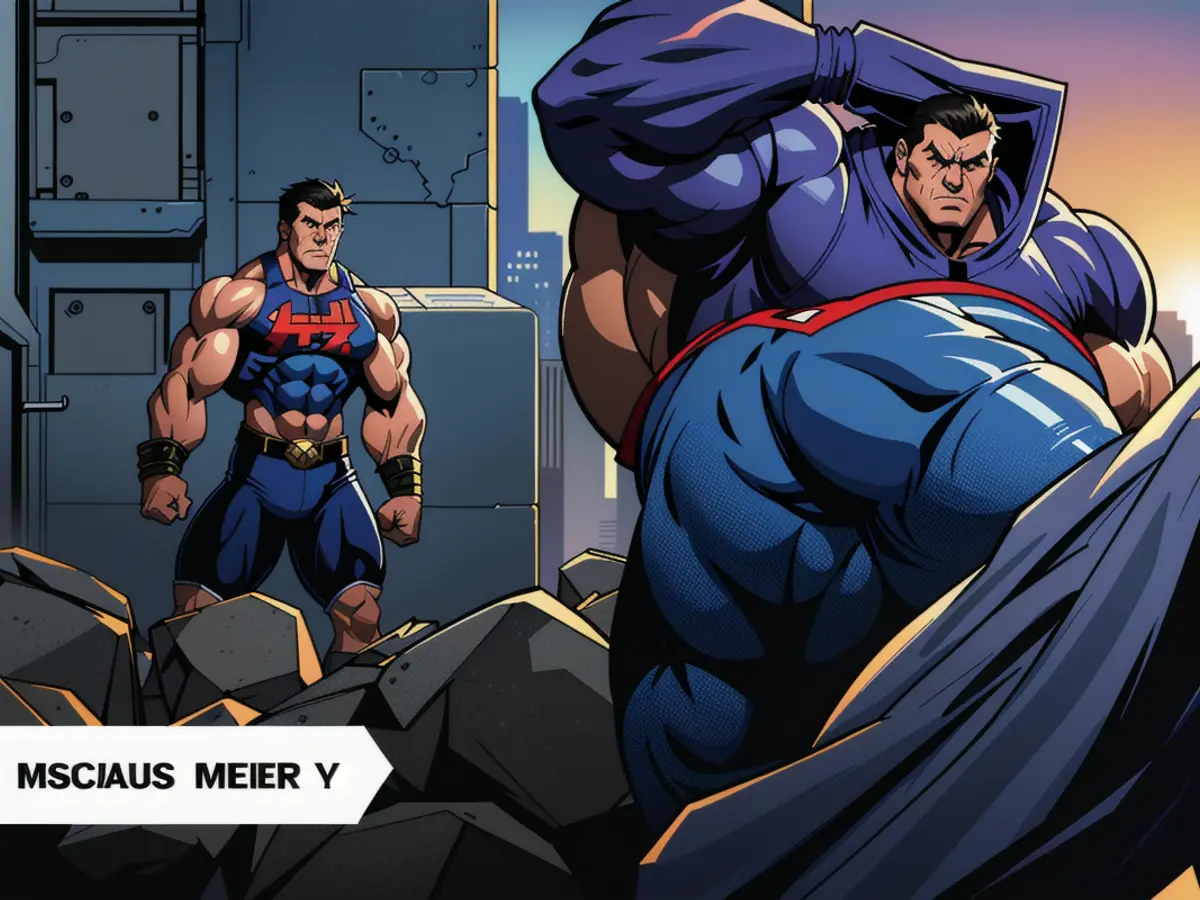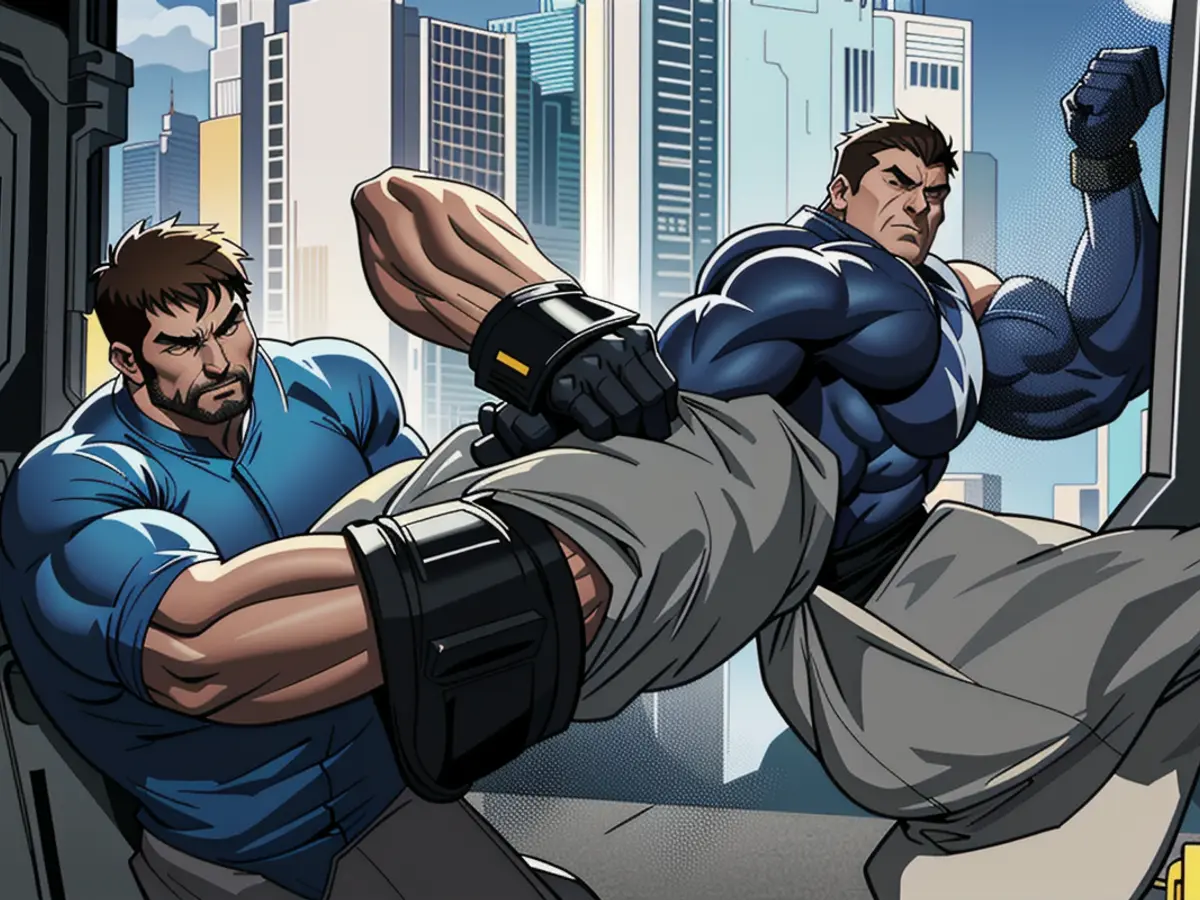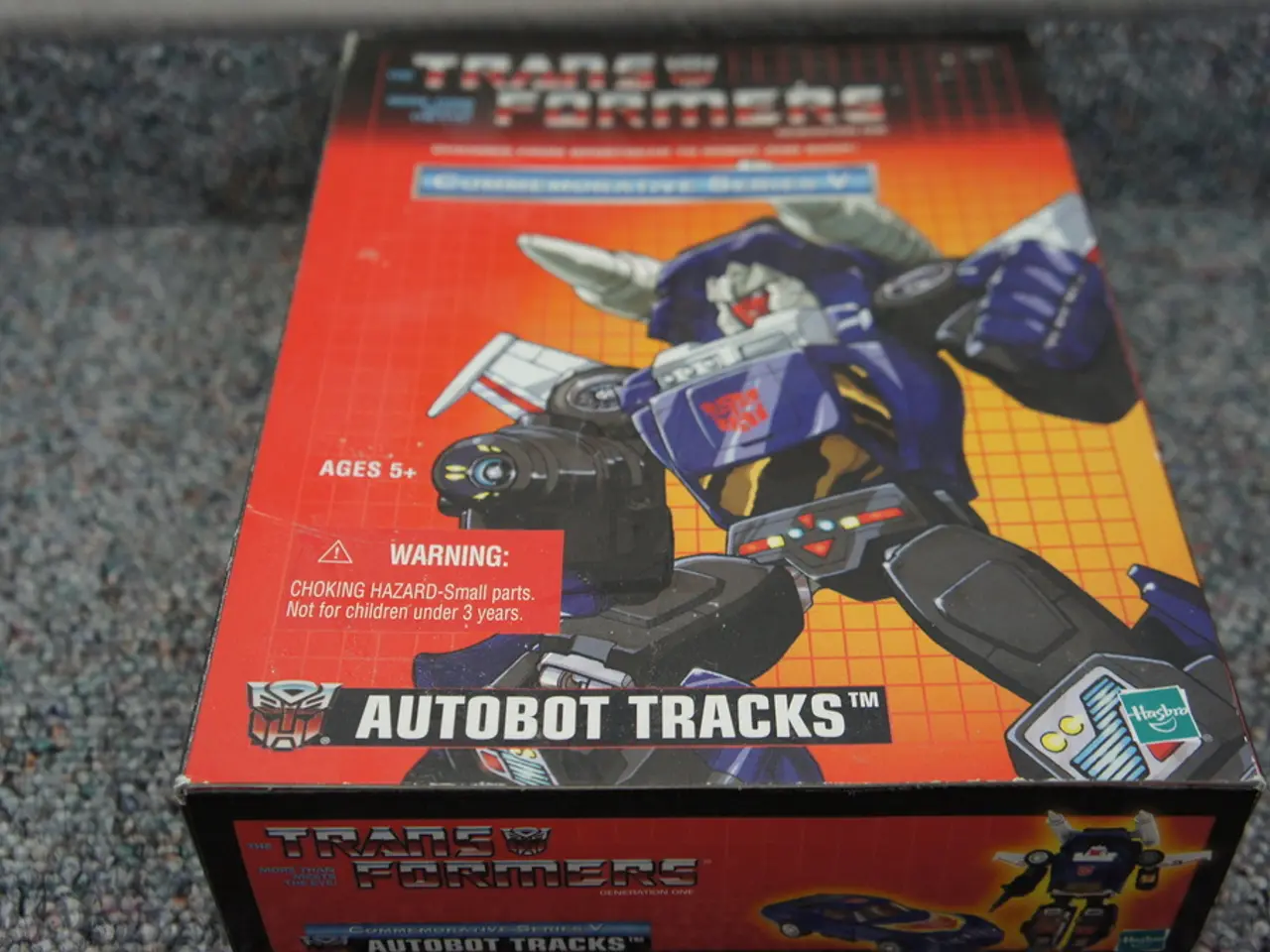Game Industry Leader Confesses to Colliding Drone with Firefighting Aircraft During Los Angeles Wildfires
In a surprising turn of events, video game executive Peter T. Akemann, co-founder of Treyarch, has confessed to irresponsibly utilizing a drone during the devastating California wildfires. According to court documents, the gaming pioneer launched a DJI Mini 3 Pro drone, aiming to survey the fire from a vantage point. Unfortunately, the drone careened into a firefighting plane, causing significant damage and delaying firefighting efforts by half an hour.
Akemann, a 56-year-old industry veteran responsible for iconic franchises like Tony Hawk's Pro Skater and Call of Duty's Black Ops series, will pay $65,169 to repair the plane and perform 150 hours of community service associated with wildfire relief.
Flying drones during natural disasters is a controversial practice. In this particular case, Akemann launched his DJI drone 2500 meters beyond its launch point, losing visual sight of the device. The drone then collided with a Super Scooper firefighting plane.
The FBI swiftly recovered drone remnants and posted photos on their "Most Wanted" website, showcasing the damage inflicted on the plane's left wing and drone components. This incident, one of countless drone misuses during wildfires, highlighted the need for drone regulation during emergencies.
Despite the DJI app's efforts to alert operators of nearby aircraft, flying limits, and restrictions, these warnings can be bypassed. The FAA had issued Temporary Flight Restrictions (TFRs) prohibiting drone operations near Southern California wildfires, including the Palisades Fire. However, 168 drone incursions still occurred during the wildfires.
In an unusual move, DJI decided to eliminate geo-fencing restrictions through a software update to comply with European and U.S. regulations. Adam Welsh, DJI's Global Head for Public Policy, stated that geo-fencing wouldn't be effective against those intending to break the rules.
Welsh's statement echoes the accountability of drone operators. Despite the possibility of bypassing geo-fencing and operating beyond visual line-of-sight, operators are ultimately responsible for abiding by regulations.
Akemann seemed to accept his role in the incident, pleading guilty in a court of law to face the consequences. Public officials, including Assistant Director in Charge of the FBI's Los Angeles Field Office, Akil Davis, and Acting United States Attorney Joseph T. McNally, were critical of Akemann, reiterating the dangers of drone misuse during emergencies and the importance of following regulations.
- In light of the incident, tech companies, including Treyarch's parent company, should consider stricter drone safety measures for their future tech releases.
- Firefighters risk their lives daily to contain wildfires, and irresponsible actions like Akemann's only make their job more challenging.
- The court judgement against Akemann serves as a warning to other tech industry executives, emphasizing the risks and consequences of ignoring safety regulations during emergencies.
- McNally, in his press statement, urged the tech industry to prioritize public safety, stating that future technological advancements should incorporate strict drone safety protocols to prevent similar incidents.








